Young People's Portfolios
The Project
Hume Whittlesea Local Learning and Employment Network are a partner enabled by funding from the City of Whittlesea in 2022, for a project titled Micro-Credential for Neurodiverse Young People. A micro-credential is a small certification-style course that focuses on a particular area of study. We are using innovative, platform-based video technologies to capture evidence of neurodiverse young people’s capabilities for a Micro-Credential in Co-Design for Diversity and Inclusion and to get feedback to evaluate their progress. For the purposes of this project, we focus on co-design. Co-design is about working with other people to achieve shared goals. The project is timely considering the challenges globally, but also in particular places such as Whittlesea.
The Challenge
The world is currently in the grip of a pandemic that is yet to run its epidemiological course. However, the current, exponentially rising human toll is tragic and potentially devastating. This pandemic is foreshadowing profound social, economic and political crises. Indeed, many parts of the global economy are in crisis, and the variety of government, business and community responses to the crises hint at their scale and possible duration. Historically, most recently in the context and the aftermath of the Global Financial Crisis (GFC) of 2007-08, and what, for many OECD countries was a Great Recession and a decade of austerity, young people tend to carry a particularly heavy burden in the downstream of crises (Kelly 2017). The COVID-19 crisis intersects with, possibly emerges from, the climate crisis and the unfolding sixth mass extinction of life on earth. This intersection is further compounded by the education, training and work challenges shaped by the unfolding of the 4th Industrial Revolution (Industry 4.0). In this context we cannot proceed on a business-as-usual course, or pretend that things will just ‘snap back’ (Morrison 2020) – as if by magic – at some point in the near future.
These challenges also affect the most vulnerable cohort groups including neurodiverse young people. In the City of Whittlesea disability providers are reaching capacity and overstretching their resources and there is a need for an inclusive community response to meet present and future challenges. Despite COVID-19, the number of National Disability Insurance Scheme (NDIS) participants in the City of Whittlesea grew from 3,096 to 3,826 in the past 12 months. We expect to reach 6,000 participants by June 2023. Whittlesea has a young NDIS community, with 58% of participants aged from birth to 18, versus 49% for Victoria. This will increase in the future, as young families continue to move into new housing areas. The four most common primary disability types comprise 74% of all NDIS participants in the City of Whittlesea. Of these, autism, developmental delay and psychological disability will become even more prevalent in the future.
These are the following challenges neurodiverse young people face:
- low levels of funding for Indigenous young people with Autism
- Autism supports are in large schools (but with few in the community)
- Young people with autism are at-risk of mental health issues
- Post school options are ill-defined
- There are low employment rates for young people with autism, even though they are uniquely skilled
- NDIS participants are growing 6% each quarter in Whittlesea and 25% per annum (City of Whittlesea 2021).
Outcomes
In response to these growing issues in Whittlesea, this project aims to support neurodiverse young people in completing a Micro-Credential in Co-Design for Diversity and Inclusion and to evaluate their progress in successfully achieving this.
Micro-credential for Neurodiverse Young People Final Reports 28 March 2023
Hume Whittlesea Local Learning and Employment Network are a partner enabled by funding from the City of Whittlesea in 2022.
Partners
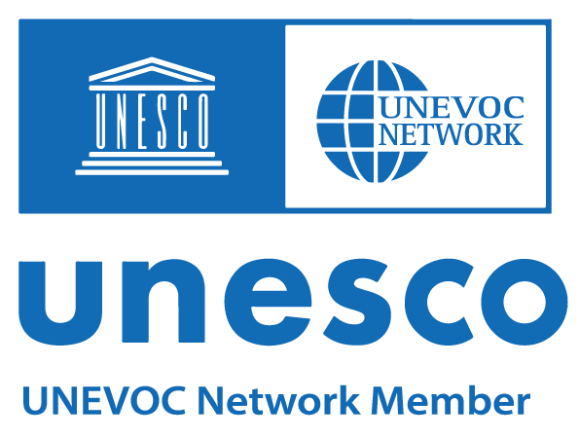
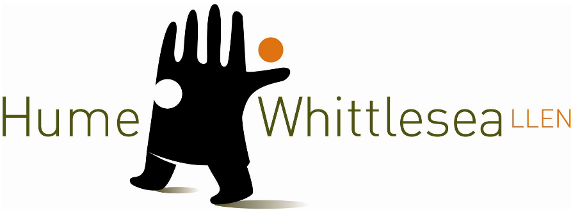
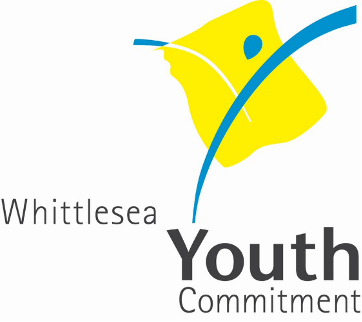
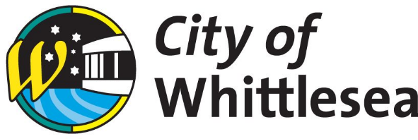
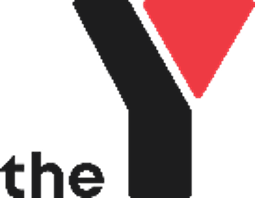




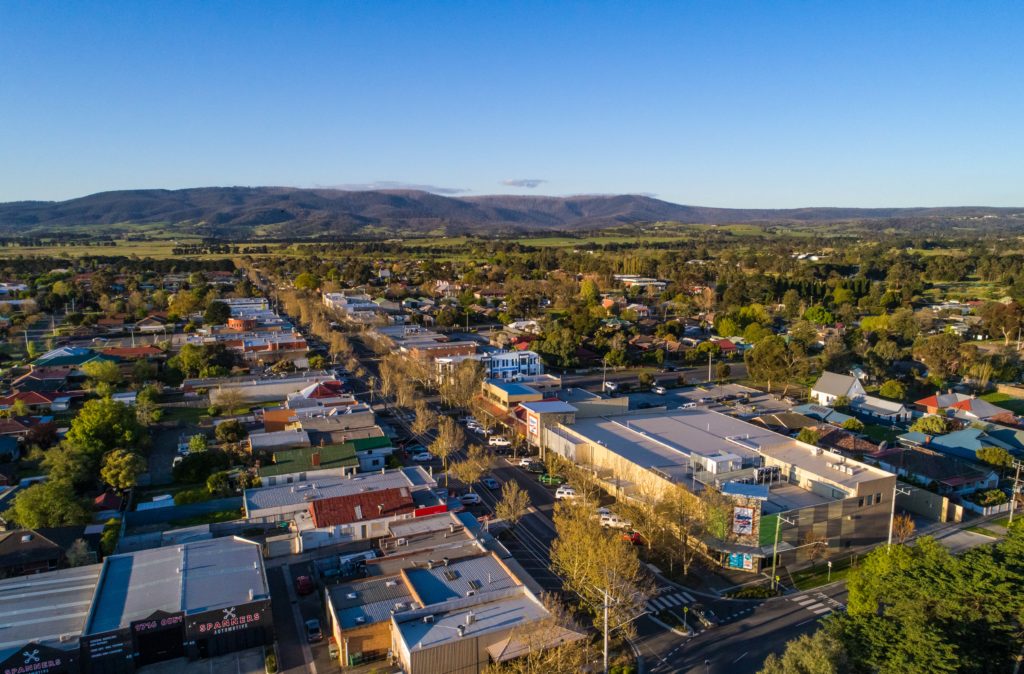

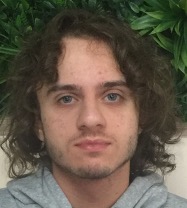







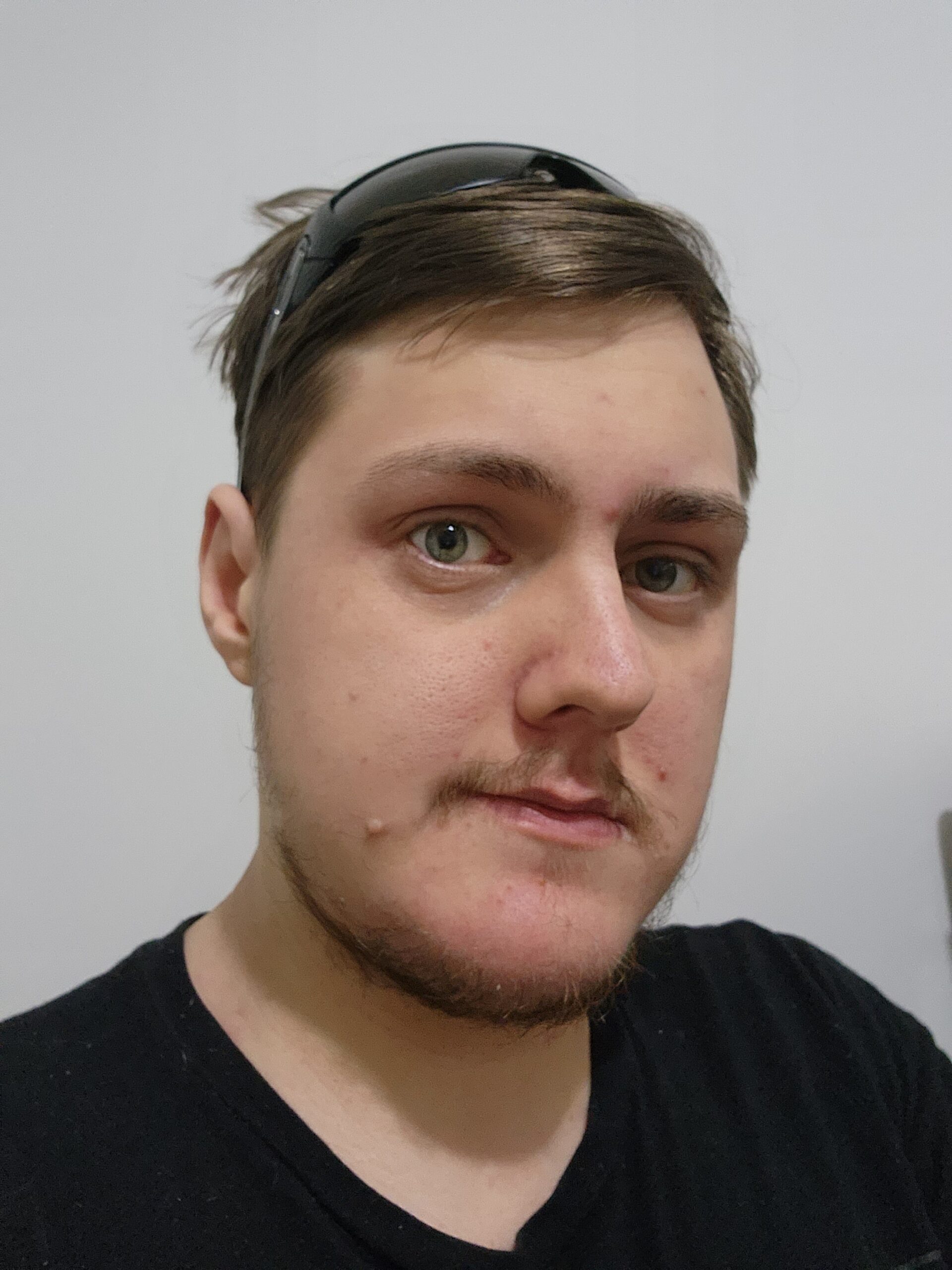

 Dr Seth Brown
Dr Seth Brown Dr Scott Phillips
Dr Scott Phillips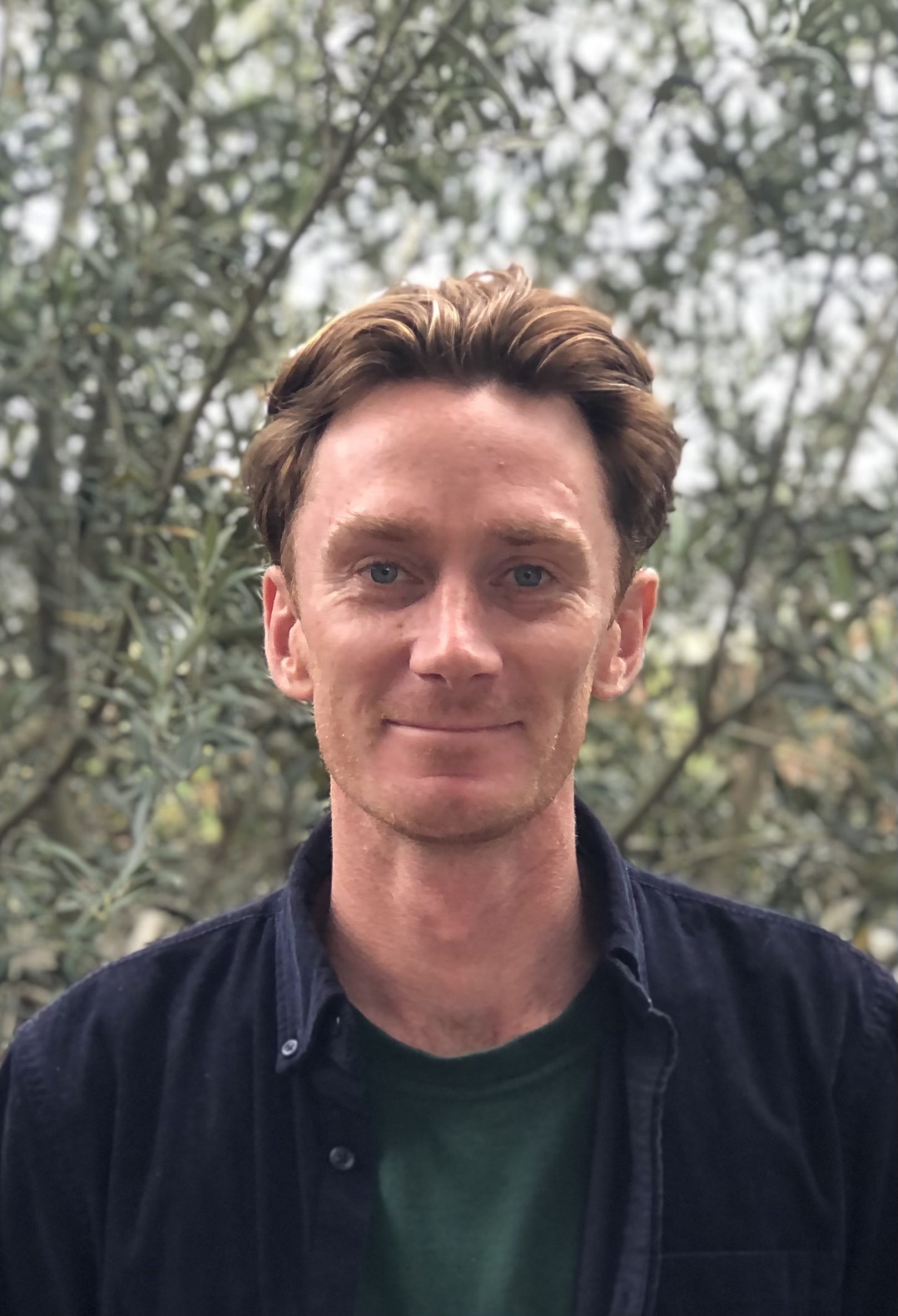 Dr James Goring
Dr James Goring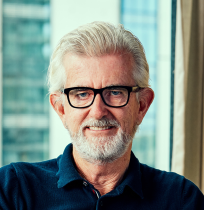 Professor Peter Kelly
Professor Peter Kelly